Latest News
UK Gaming Industry to Benefit from Launch of the UK’s First Network of Advanced Media Production Studios
Digital Catapult, the UK authority on advanced digital technology has joined forces with Target3D to launch the UK’s first network of Advanced Media Production studios. The groundbreaking initiative will revolutionise the media and entertainment industries, and will ‘amp up’ digital entertainment by democratising access to cutting-edge screen production technologies.
Drawing on Digital Catapult’s decade’s worth of experience supporting the creative industries and Target3D’s wealth of expertise in mocap for video-games, cinematics and immersive experiences for household names, the collaboration will ensure that high calibre media content can be produced at scale. Motion capture, virtual production, 5G private networks, XR equipment and photogrammetry – the creation of 3D models based on photographs, are some of the groundbreaking new technologies that the studio network will leverage to meet global demand for compelling content.
The new studio network, linking London and the North East, will offer unparalleled opportunities for creativity, innovation, and collaboration across various media formats, including music videos, video games, films, TV shows, and immersive content. With access to LED screens, graphics processing (GPU) and rendering compute power, 360 live-action filming facilities, photogrammetry, and 4D videogrammetry stages, the launch of the Advanced Media Production studios marks a new era of entertainment and media production in the UK.
The innovative new project will push the boundaries of storytelling and visual communication whilst also supporting emerging British talent in the virtual production space. Digital Catapult and Target3D’s collaboration has already established partnerships with leading educational institutions such as ScreenSkills, Goldsmiths University of London, Guildhall School of Music and Drama and Gateshead College, to support local talent and local communities, as well as accelerating research and innovation.
By leveraging cutting-edge technology and a pioneering connected network, the Advanced Media Production studios offer a comprehensive suite of capabilities, allowing creators to bring their visions to life with unprecedented precision and creativity. Utilising a sophisticated private 5G network, the UK’s first interconnected 5G-enabled studio provides a permanent facility that will enable different types of media content to be created at the same time, empowering remote content direction, fostering national and international collaboration, and improving efficiencies during the production process.
The Dock Street studio features two volumes spaces, facilitating motion capture of up to ten performers at a time. This includes full-body, finger, and facial expression capture, as well as intricate performance sequencing to enhance media production, with use-cases ranging from virtual and augmented reality applications, visual effects, and animation. The crown jewel of AMP at PROTO in Gateshead is a curved LED screen which provides seamless and crystal-clear visuals on a large 8×3.5m LED volume. The same type of technology also used in global productions such as Disney’s The Mandalorian, to be accessible to North East businesses. The network of studios adds to the 20 facilities that Digital Catapult already has across the UK, leveraging emerging technologies to drive economic growth and solve industrial challenges.
Jeremy Silver, CEO of Digital Catapult said: “For the last decade, Digital Catapult has been a pioneer of investment in digital entertainment, concentrating our efforts on the UK’s creative industries, and strengthening the relationship between technology and the arts. We are thrilled to unveil the UK’s first network of Advanced Media Production studios in collaboration with Target3D.
“Through our concerted efforts including years of direct industry engagement and the support of InnovateUK, Digital Catapult has built the case for new public investments such as the AHRC’s CoSTAR programme to secure funding, to further advance the success of the UK’s creative industries at scale. Our vision is to continue to push at the boundaries, ahead of mainstream adoption and thus ensure that UK expertise leads the world in a new era of entertainment that combines sustainability and creativity, and redefines how media is produced, shared, and experienced.”
Allan Rankin, Managing Director of Target3D has commented: “A new dawn in Advanced Media Production, where the ever closer merger of the digital and the real world, means new exciting outputs, from new techniques and skills, for ever expanding mediums and discerning consumers of content. How to make better, make faster, make smarter, make with lower impact is a continuous puzzle to be solved.
“The Target3D team, operating out of the AMP Dock Street studio, has already worked on productions featuring world-famous artists in the production of cutting-edge media content, as well as playing a pivotal role in video-game development, cinematics and immersive experiences for the likes of Sky Sports. By leveraging the latest in Advanced Media Production technologies we can go some way to answering these difficult questions through the ability to apply ourselves in the AMP facilities. From real world work to Research & Development we are able to offer the UK the very best in class in workflows and hardware.”
The Advanced Media Production network is now available for businesses and educational institutions to harness the power of technology and creativity to entertain, inform, and inspire audiences while reimagining the possibilities of storytelling and visual communication. This transformative venture from Digital Catapult and Target3D is poised to shape the future of media production and further elevate the UK’s status as a global leader in entertainment innovation.
Those interested in booking the facilities, R&D collaboration or becoming part of the Advanced Media Production Studio network, should visit this website.

Latest News
Jelly, True Rippers BGMI star, speaks out against cyberbullying: calls for a safer, more respectful ecosystem
Jelly, one of India’s leading Battlegrounds Mobile India (BGMI) athletes, representing Infinix True Rippers, has issued an appeal to the esports community to stand against cyberbullying and threats in the esports ecosystem.
Following the BMPS 2025 Semifinals 2, where Jelly was performing with the sole goal of helping his team qualify for the grand finals, the player faced a wave of online hate, including abusive messages and death threats, all for eliminating a rival and his former team.
In a heartfelt statement, Jelly explained: “I am here to qualify just like every other team. If there is a fight against GodLike, I cannot just put my guns down and I also don’t know who is in front of me. Every team on this stage is here to play for victory. I wanted both teams to qualify, theirs and mine, but because of mistakes, neither of us made it. It is not because of one fight alone that things went wrong.”
Jelly also condemned the personal attacks he has faced and appealed for a safer esports ecosystem:
“No player deserves hate or threats for doing their job and competing. We put in countless hours to train, just like any athlete in any sport. We need to stand for fair, safe, and respectful esports, without fear of abuse.”
With esports continuing to grow as a mainstream sport in India, the need for stronger measures to protect players from cyberbullying and online harassment is more crucial than ever. Jelly emphasized that athletes, content creators, and fans deserve a positive, supportive environment to thrive.
The 24-year-old pro has pledged to use his platform to promote safe gaming practices and challenge toxic behavior within the gaming community.
Infinix True Rippers, the team Jelly represents, also extended their support to his statement, reiterating their commitment to building a culture of fairness, mental well-being, and respect in Indian esports.
The post Jelly, True Rippers BGMI star, speaks out against cyberbullying: calls for a safer, more respectful ecosystem appeared first on European Gaming Industry News.
Latest News
Optimove Ignites APAC Expansion with Leading iGaming Operators Joining Platform
Magency Life, WeClub Malaysia, and 2up.io sign on following Optimove’s regional launch
Optimove, the creator of Positionless Marketing and the #1 Player Engagement Platform in iGaming, today announced that three leading APAC iGaming operators: Magency Life, WeClub Malaysia, and 2up.io have selected Optimove as their player engagement platform. This follows the company’s formal launch of operations in Asia-Pacific and underscores its momentum in the region.
The announcement comes immediately after Optimove’s appointment of iGaming veteran Jack Wheeler to head the APAC region. Wheeler and team are driving regional growth and supporting operators in scaling player engagement strategies through data, personalization, and AI-driven orchestration.
“Our rapid adoption in the region is validation that iGaming operators in APAC are forward thinking, with a deep commitment to meaningful player engagement,” said Jack Wheeler, Senior Account Executive and Head of APAC. “Optimove’s ability to empower operators that embrace Positionless Marketing to increase marketing efficiency by 88% is ushering the APAC iGaming industry into an era where real-time marketing execution is scalable.”
Optimove’s Positionless Marketing Platform gives marketing teams the power to independently launch and optimize campaigns across channels without waiting on engineering, creatives, or analysts.
The company’s Optimove Ignite+ program, played a key role in accelerating adoption across the region. The comprehensive program is designed to accelerate growth for emerging iGaming and sports betting operators. It offers exclusive access to Optimove’s #1 Player Engagement Platform, along with expert CRM guidance, actionable insights, and proprietary industry benchmarks. Optimove Ignite+ empowers operators to enhance player engagement, improve marketing efficiency, and scale efficiently in a highly competitive market.
“These partnerships mark a major step forward in our mission to help operators across APAC build deeper, longer-lasting relationships with their players,” said Motti Colman, VP of Revenue at Optimove. “It underscores that Positionless Marketing, and its ability to free marketers to execute personalized player journeys without bottlenecks, is a key to growth in competitive markets. We’re honored to be chosen.”
With regional operators facing rising competition and evolving player expectations, Optimove provides the tools to act instantly on data, deliver personalized experiences, and drive lifetime value all from a single, AI-powered platform.
The post Optimove Ignites APAC Expansion with Leading iGaming Operators Joining Platform appeared first on European Gaming Industry News.
Latest News
PepsiCo Returns as Main Partner of the Esports World Cup 2025
PepsiCo brings back Pepsi and introduces Mountain Dew, energising the global gaming community at the world’s largest esports event.
The Esports World Cup Foundation (“EWCF”) today announced its renewed partnership with PepsiCo, establishing Pepsi and Mountain Dew as Main Partners of the Esports World Cup 2025, set to take place this summer in Riyadh, Saudi Arabia. With Pepsi and Mountain Dew joining the EWC, both iconic beverages will fuel and energize the worldwide gaming community.
The renewed partnership marks the continued expansion of PepsiCo’s footprint in gaming and a bold step forward in delivering world-class experiences to fans in Riyadh and around the globe.
Following its debut as a Founding Partner in 2024, Pepsi returns to the Esports World Cup with an expanded presence across the 2025 festival. Activations will include immersive fan zones, large-scale product sampling, and co-branded content with artists, creators, and players.
Mountain Dew, joining as a Main Partner for the first time, is levelling up players’ game in EWC 2025 to EWC 2025. A long-standing supporter of gaming, the brand will deliver immersive on-site experiences, exclusive merchandise drops, and branded competitions that resonate from grassroots to pro. With a digital-first campaign themed “Dew levels up your game,” Mountain Dew will activate across KSA social channels, broadcast, and festival touchpoints — reinforcing its ambition to lead in gaming culture and power the next generation of players.
Both brands will feature prominently throughout the event — from the Opening Ceremony to hospitality areas — with branded fridges and product placement across esports venues, the Players’ Lounge, and festival grounds, uniting music, gaming, and entertainment to deliver high-energy fan experiences.
Mohammed Al Nimer, Chief Commercial Officer at Esports World Cup Foundation, said: “We’re excited to have Pepsi and Mountain Dew back as Main Partners for the second year. These are brands that truly get gaming and its fans. With their support, this year’s Esports World Cup will be an even bigger celebration of community and creativity”
Returning to Riyadh, Saudi Arabia, from July 7 to August 24, 2025, the Esports World Cup will unite global gaming communities for a celebration of esports culture. With 25 tournaments across 24 games, 2,000 elite players, and 200 Clubs from over 100 countries, the EWC will feature the largest prize pool in esports history, over $70 million. Fans can expect exclusive experiences, from high-stakes competition to live music, anime cafes, retro arcades, cosplay, and more, drawing millions of fans online and in person.
To learn more about EWC, visit esportsworldcup.com and follow Esports World Cup Foundation on LinkedIn.
The post PepsiCo Returns as Main Partner of the Esports World Cup 2025 appeared first on European Gaming Industry News.
-

 Latest News3 months ago
Latest News3 months agoExclusive Q&A With Bar Konson, Chief Business Development Officer at NuxGame
-

 Latest News2 months ago
Latest News2 months agoWeek 17/2025 slot games releases
-

 Latest News2 months ago
Latest News2 months agoFortuna Partners with 2025 UEFA Under-21 EURO
-
Latest News3 months ago
Esports World Cup Foundation Confirms Full Game Lineup, Schedule, and Club Championship Rules for EWC 2025
-

 Latest News2 months ago
Latest News2 months agoELA Games Receives Key Nomination at EGR Marketing & Innovation Awards
-
Latest News3 months ago
ACR POKER’S NEXT HIGH STAKES ADVENTURE TAKES PLAYERS TO MONTENEGRO FOR PRESTIGIOUS SUPER HIGH ROLLER SERIES
-
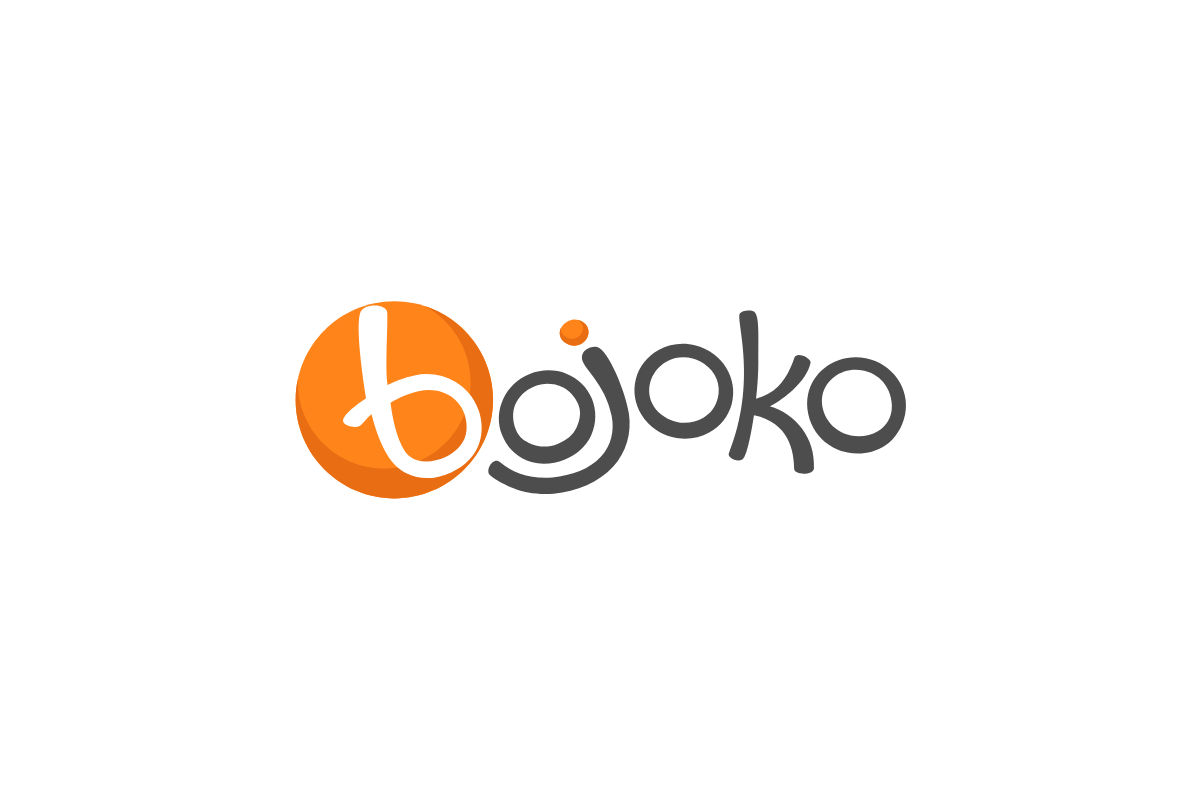
 Latest News2 months ago
Latest News2 months agoBojoko.com Surpasses €100 Million in All-Time Deposits Milestone
-

 Latest News2 months ago
Latest News2 months agoLeoVegas Group to Open a New Office in Leeds




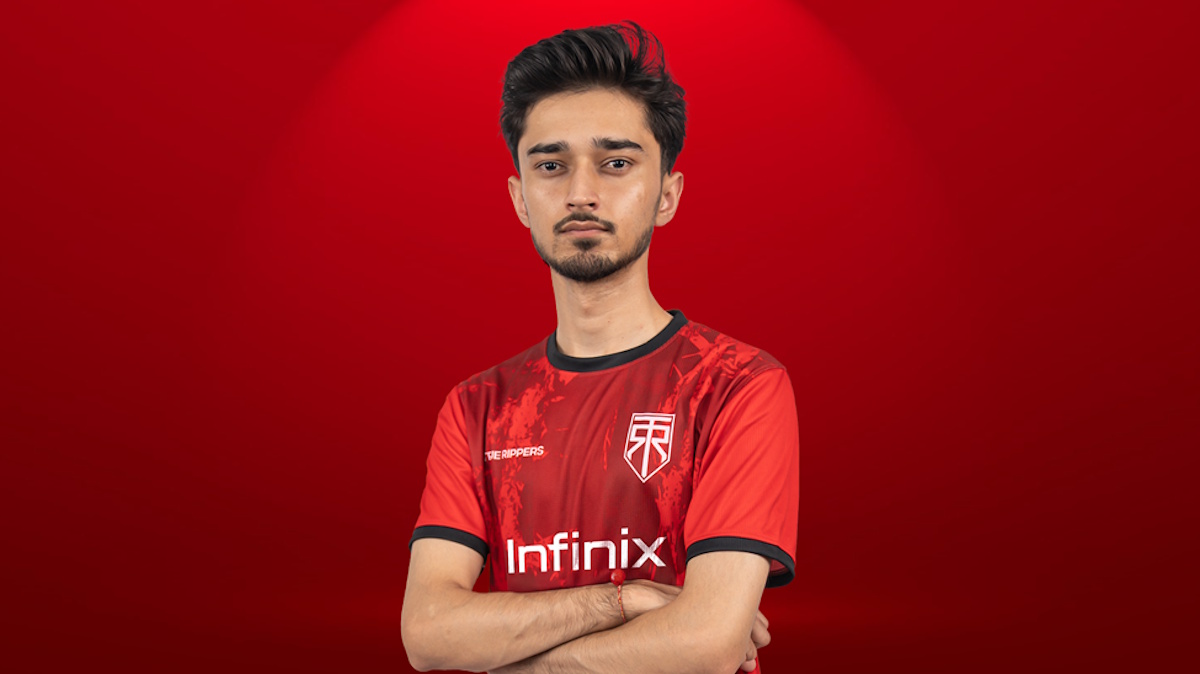
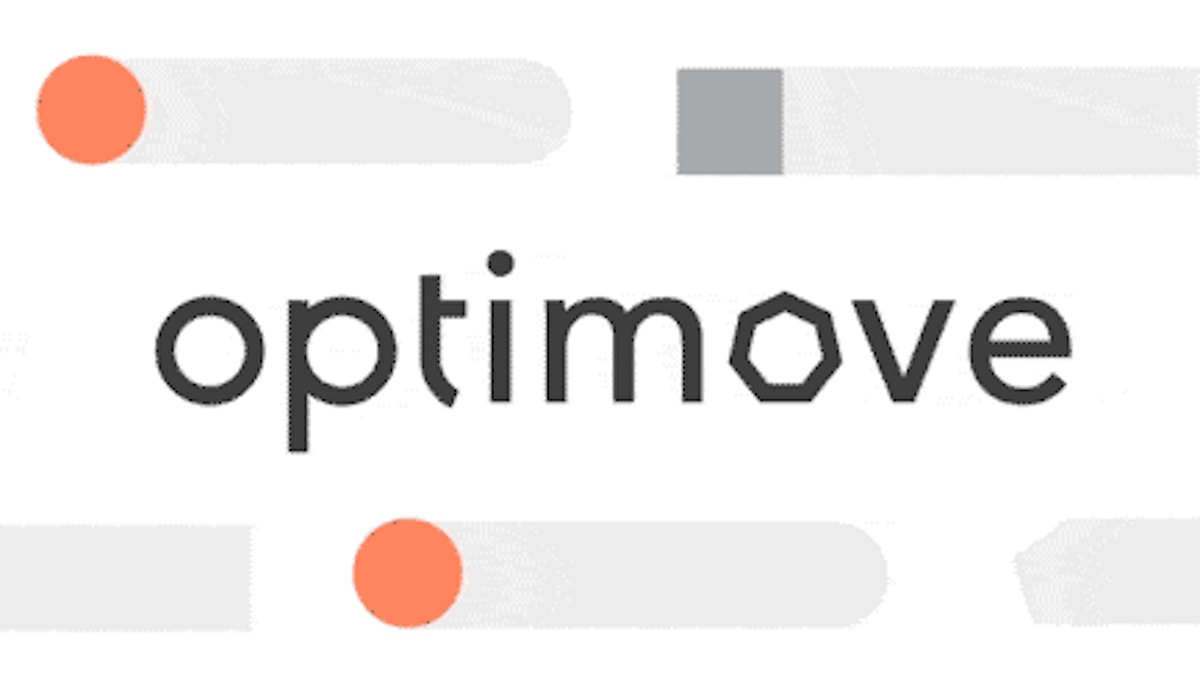
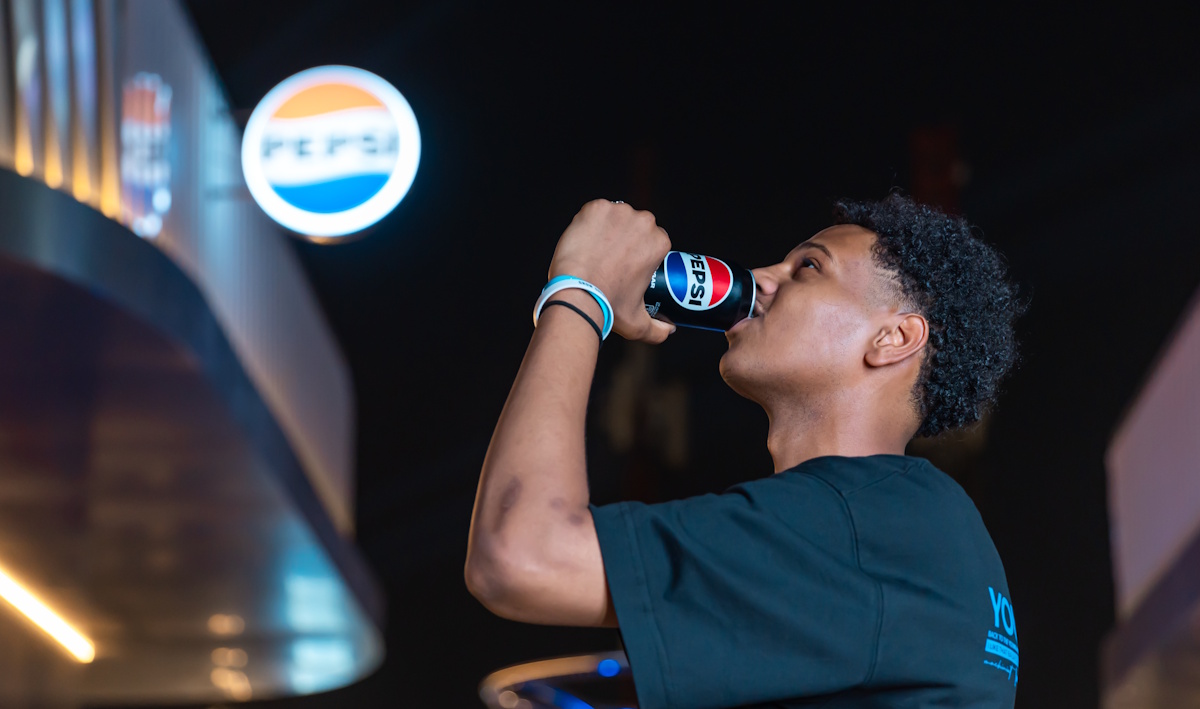



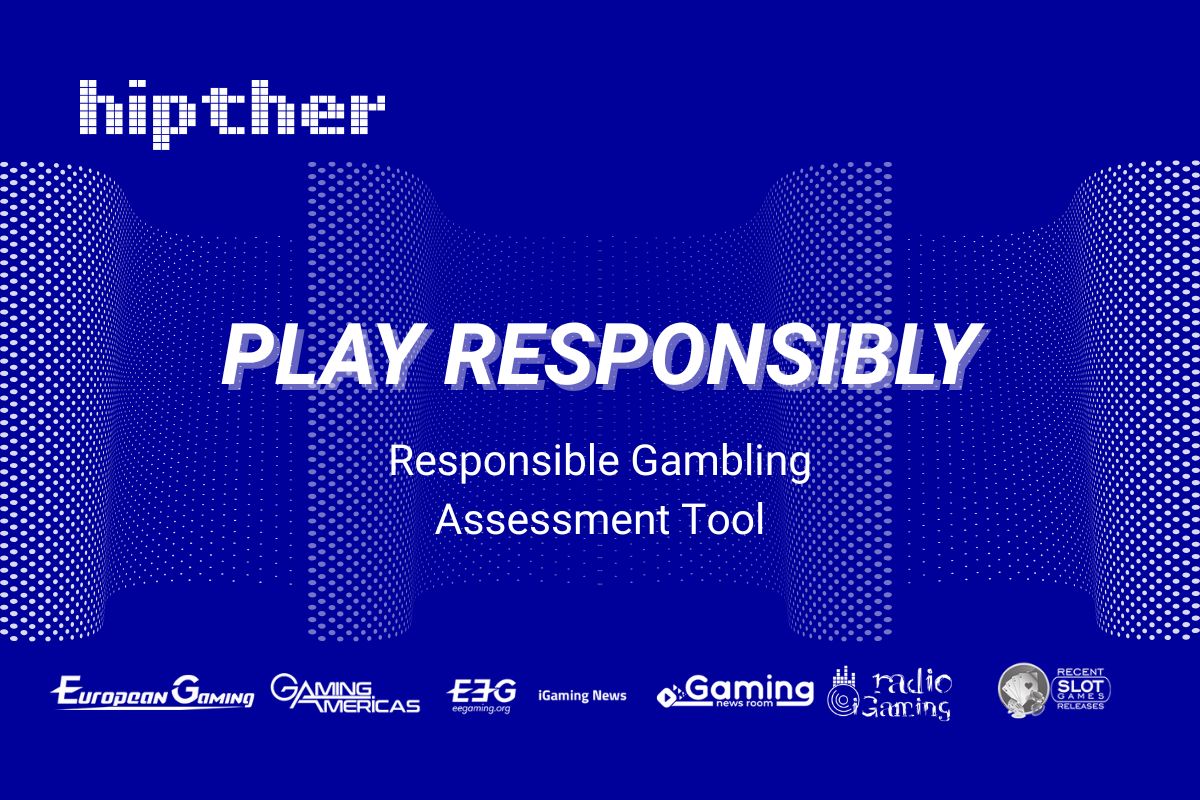
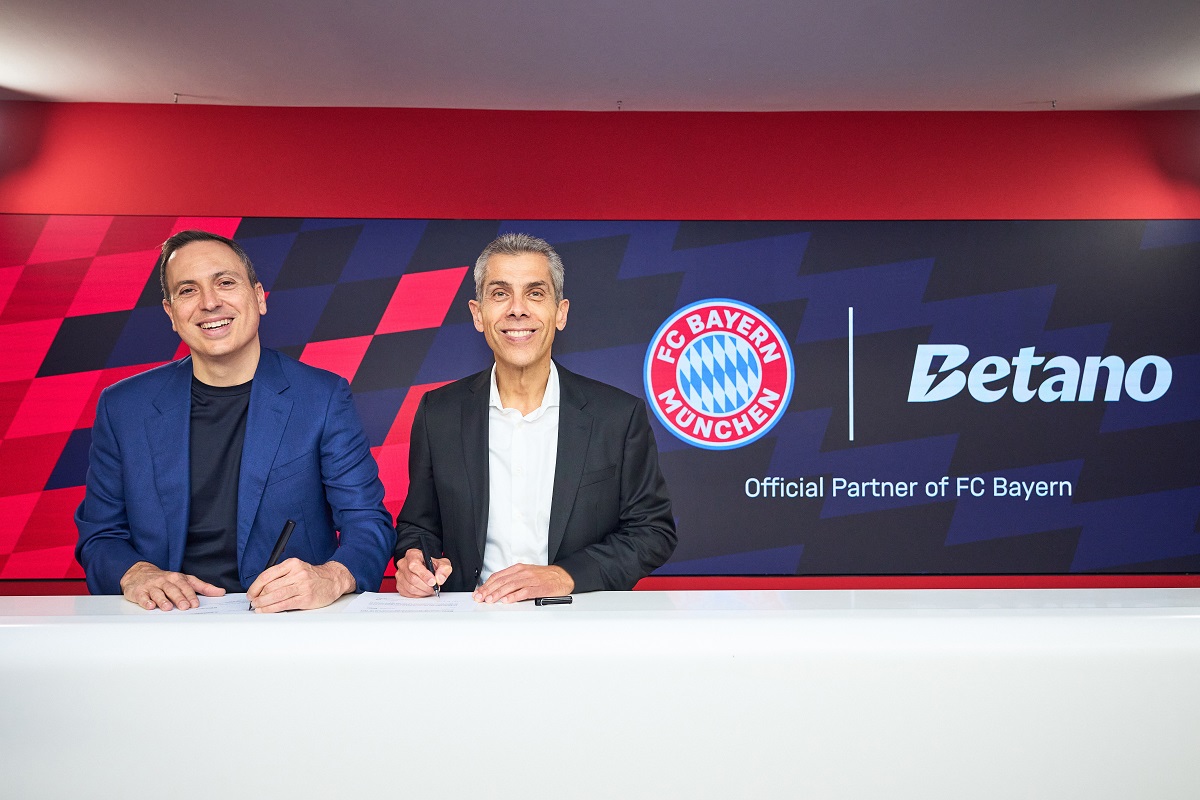

You must be logged in to post a comment Login